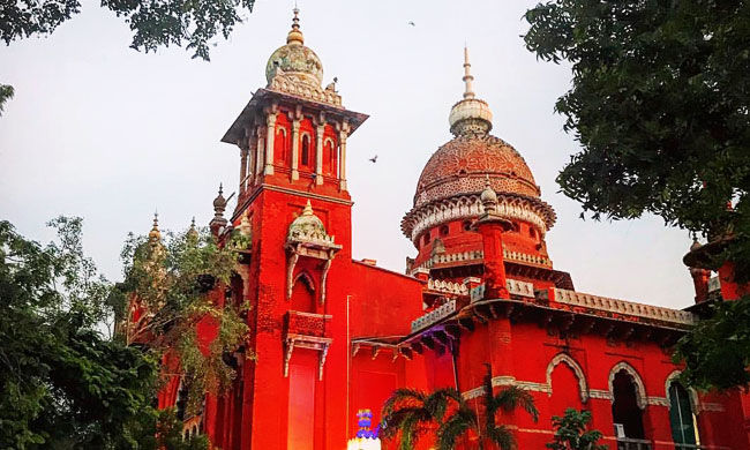The Madras High Court has ordered the TN Higher Education Department to furnish a copy of the Justice P.Kalaiyarasan Inquiry Report to Professor M.K Surappa on the allegations levelled against him.Directing the respondent department to make available a copy of the report to the former Anna University Vice Chancellor within fifteen days, Justice V. Parthiban noted that failure to furnish...

